We caught up with the brilliant and insightful Emily Cox a few weeks ago and have shared our conversation below.
Emily, looking forward to hearing all of your stories today. Can you open up about a risk you’ve taken – what it was like taking that risk, why you took the risk and how it turned out?
The classical singing world is NOT for the faint of heart. From the outside, it looks like a calm and very docile art form. In reality, it’s a very precise, very detail-oriented field full of cut-throat competition. From your very first day of undergrad classes, singers are asked to choose what they will perform for basically the rest of their careers. What is your fach (vocal classification)? What is your niche, the ONE thing you are good at–is it Baroque music? Romantic music? One specific composer’s works? What are the five audition arias that you will offer at every single audition you attend for the next twenty years of your life? Once these choices are made, they are very rarely changed–singers who experience any growth or changes in their voice type will often be thrown into personal crisis. When I was in my final year of graduate school, I realized I didn’t want to be an opera singer anymore. I had never really felt like the term fit me, it was so rigid and restrictive. I felt like an imposter at rehearsals, surrounded by colleagues who were happily regurgitating the same roles and arias over and over again every year without question. I wanted MORE, I wanted something new and exciting and different–I had grown up with a musical theatre background, eagerly looking forward to what new productions Broadway was offering audiences every season. Why, I thought, couldn’t opera do the same? We had living composers and new stories that were being created every day, surely we could bring something new and more interesting to the stage!
After one particularly bad rehearsal for an awful production of a wildly-overdone canon piece, I had had enough. What, I thought, was the point of all this work, all this time and energy and money and artistic effort, if it wasn’t actually fulfilling my desire to create? What if, instead of doing the same things over and over again, I tried to create my own production? I had grown up in the theatre, my mother having founded and run her own regional theatre company in my tiny hometown of Southern Indiana. I had a general idea of the massive amount of work that launching a production would take, especially without an entire production crew behind me…but I also knew that if I didn’t take a chance now, when I was in an actual learning environment and had the ability to fail without major financial consequences attached, then I would likely never be able to try. I had a friend at the time, a composer who had just been kicked out of his music school for refusing to conform to his teacher’s ‘correct way’ of writing music. He wasn’t interested in studying the contrapuntal forms that Bach had used in the 1500’s–he wanted to explore and experiment with new and exciting ways to write music, and he knew he couldn’t continue learning what he needed in an environment that discouraged curiosity. So he and I got together with friends one night, and after several bottles of wine and some good bitching sessions, we decided to get to work launching a new production of his brand-new opera, Salem: 1692. The story centered around the historic figures that lived and worked in Salem during the Salem Witch Trials, and the subsequent societal breakdown that they left in their stead. The music was exciting and energizing, and everyone who heard it knew: this was a piece that needed to come to life, and we were just crazy enough to try it. So we held auditions in a classroom, cast some of our friends and classmates, and started getting to work.
….And it was a DISASTER! Everything was, I know now, completely stacked against us in terms of success. We couldn’t get a theater to agree to rent a space to us, as we weren’t a registered company or organization that they recognized. Then we finally got a space, but the only availability was over our university’s Winter Break– so half the cast was leaving in the middle of rehearsals and wouldn’t return until the night before opening. We had absolutely no budget for sets or costumes, so we borrowed as much as we could from our friends and colleagues and patched together some rough pilgrim costumes. We discovered someone in the cast was dating a lighting designer, and we bribed them with food and laundry services to help light our show with whatever happened to be laying around the theater space. The night before we opened, we had ONE full rehearsal with everyone in the space, during which the lights went on and off and just about everything that could have gone wrong did.
So imagine our surprise when the actual performance itself was perfect! We had a sold-out audience, and the theater was so surprised by the attendance level they offered us a performance on the following evening, which we also sold out! The cast was excited and happy about the work they had done, and I was proud and had discovered a new skill set: I could produce now! This has truly changed the trajectory of my own personal career, as I went on to found my own production and live events company, and I now work full-time in production management in addition to my performing.
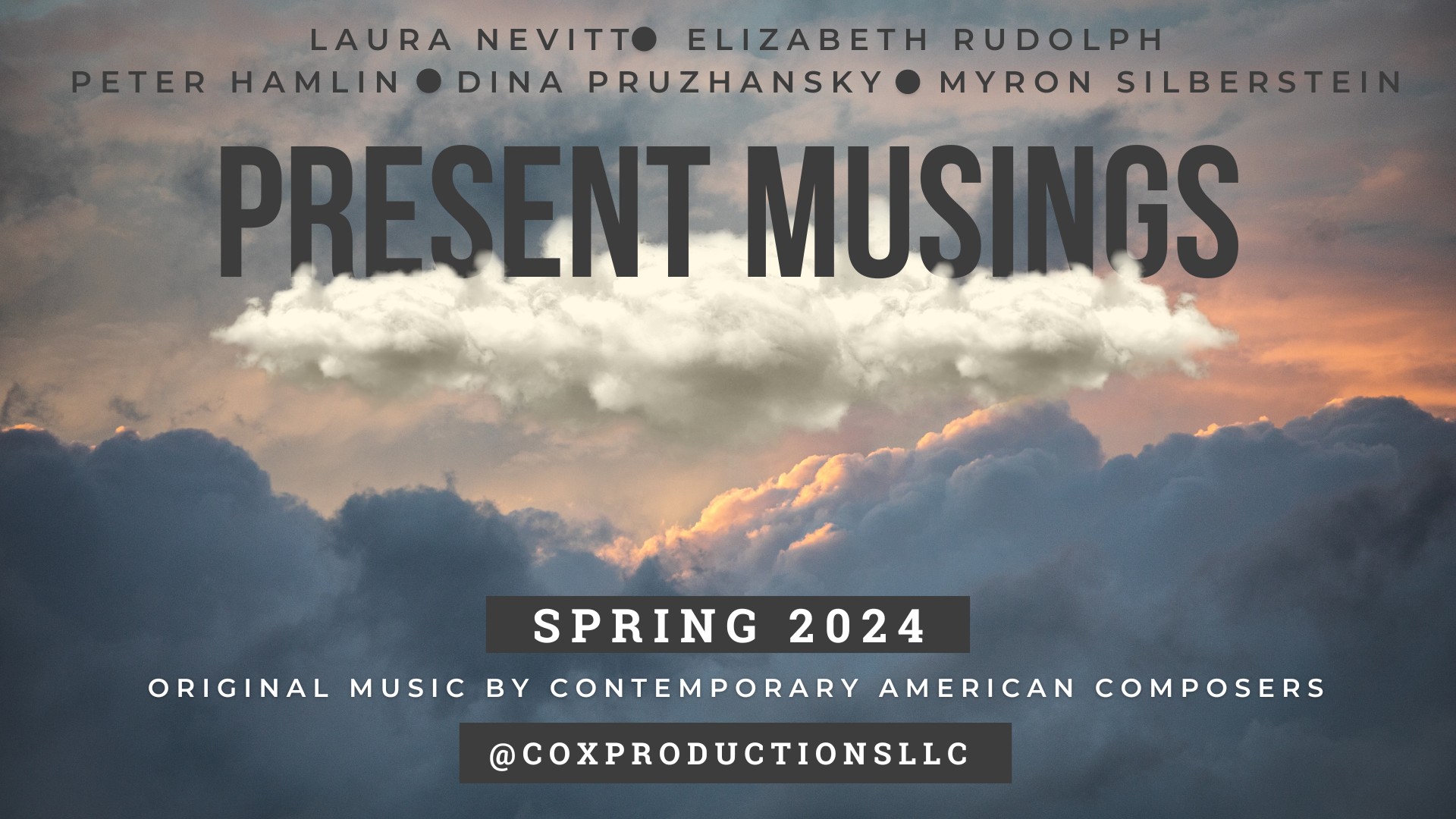
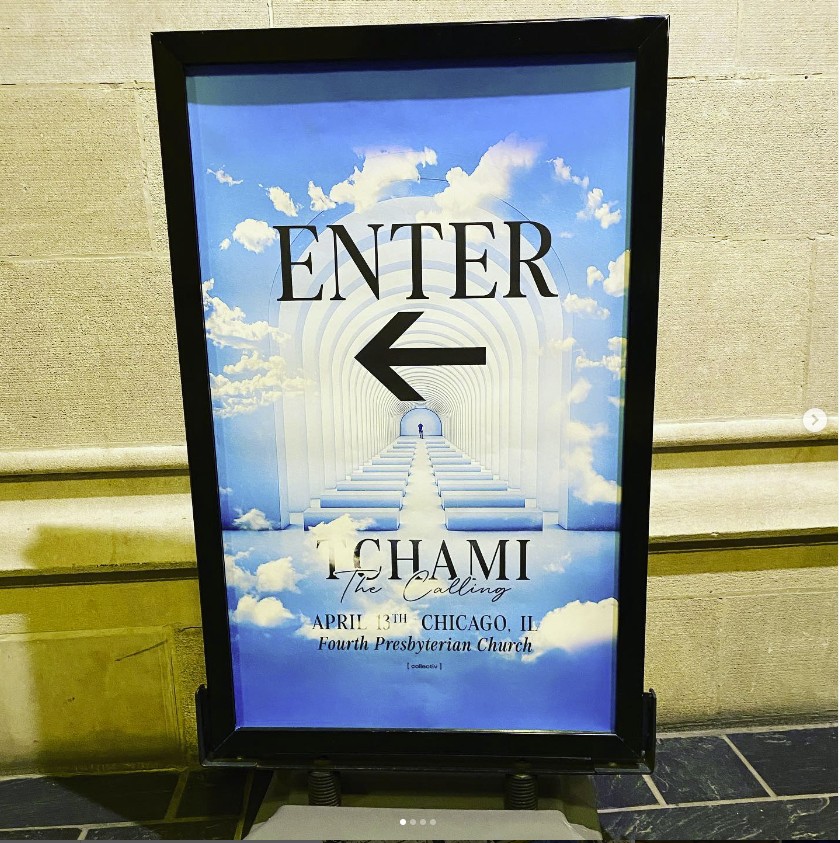
As always, we appreciate you sharing your insights and we’ve got a few more questions for you, but before we get to all of that can you take a minute to introduce yourself and give our readers some of your back background and context?
When I first began working in Chicago, I was frustrated. I was seeing a lot of art happening in all sorts of genres–musical theater, classical music, dance, film, etc–but a lot of the work were revamps of old classics and stories. I was hungry to explore new mediums and new stories, to help craft new works and to experiment with what contemporary art could deliver to audiences. The City of Chicago houses so many unique and exciting venues and performance spaces, many of which could offer unique and bold performance options. Where, I thought, was all the site-specific work being done? Why couldn’t I seem to find it?
After years of diligently searching, I decided to take the leap and start delivering these types of projects to audiences myself. If I wanted to see different work being made, I would have to be the one to start making it…so I did! I founded Cox Productions in 2015, and have been steadily producing projects ever since!
Cox Productions delivers innovative new works that make classical music events both relevant and exciting for all audiences. We commission, produce and promote musical concerts, site-specific events, educational and community programs and productions for a diverse audience of classical music lovers and audiences new to the art form.
Cox Productions is a full-service production company that specializes in helping creatives get their projects underway and assisting them in bringing their visions to fruition. We largely focus on emerging contemporary composers, filmmakers, playwrights, visual artists, dancers, and writers. We are committed to commissioning, marketing and producing work by living American composers. We firmly believe that contemporary art, music and theater has the ability to transform lives. We insist on working with collaborators who know their mediums inside out, and who know how to communicate with their audiences. Our roster of seasoned professionals—directors, writers, designers, performers, and producers—are committed to critical inquiry, the sharing of new and exciting stories, and the development of new cultural perspectives.
We have worked with a wide variety of clients: from storefront theatre companies that were hoping to expand their audience bases to historic musical theatre companies that were looking to attract new Board members, and independent composers who wanted to craft a new series of recordings. To date, we have created over 100+ independent concert experiences in a variety of musical genres, six full-length professional album recordings of contemporary composers’ works, ten successful fundraising events, one 150-guest birthday party and two grant-awarded productions of contemporary operas.
With our 20+ years of experience in both the worlds of live and digital performance, we are able to work with your unique needs to assure that your next project finds its brightest possible future!
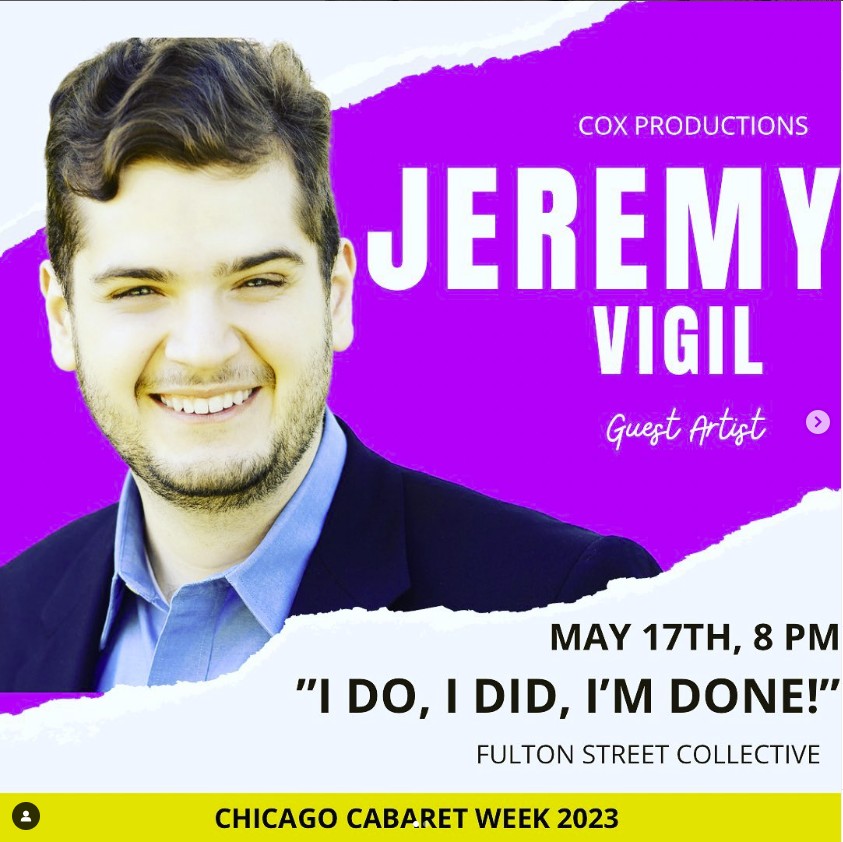
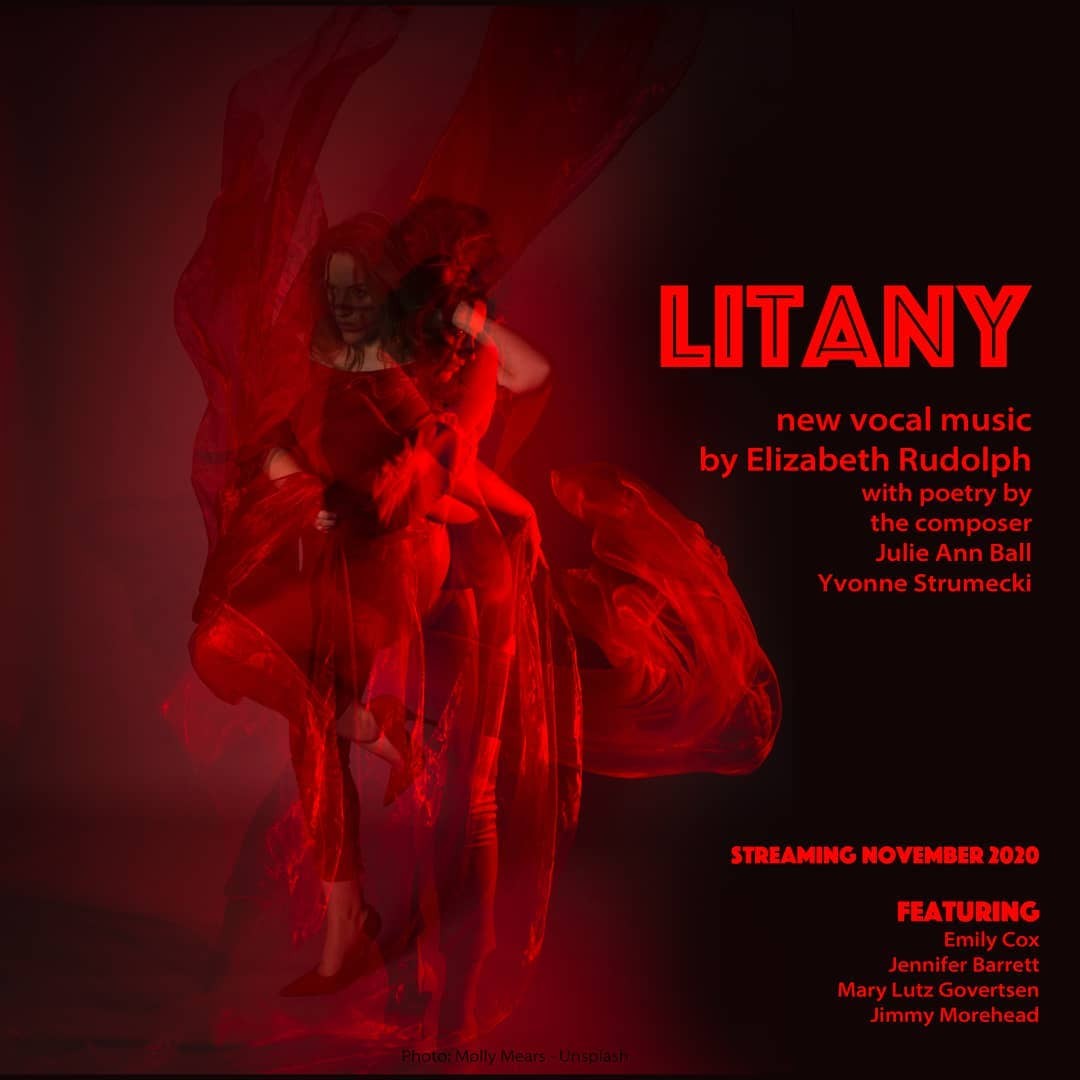
What can society do to ensure an environment that’s helpful to artists and creatives?
Two words: financial stability. At a time of record inflation and rising production costs, many smaller theatre and music companies are finding it impossible to continue operations based on past production models. Production companies are therefore reducing the scope of their seasons and shrinking the size of their overall productions, resulting in less and less work for performers and production crew members of all genres. Many companies are refusing to take financial risks with opening new productions, resulting in repeating the same tired productions over and over again, leading to frustrations with audiences and creatives alike. The old financial nonprofit model of relying on donations and grants is no longer able to bear the brunt of the financial strain–we need a new system, based in public donations and tax-generated income models, that will alleviate some of the burden and enable our creatives to refocus on their individual missions and audiences.
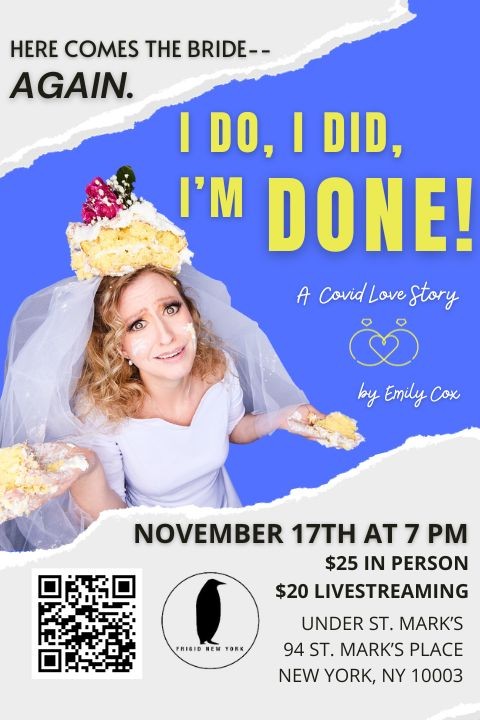
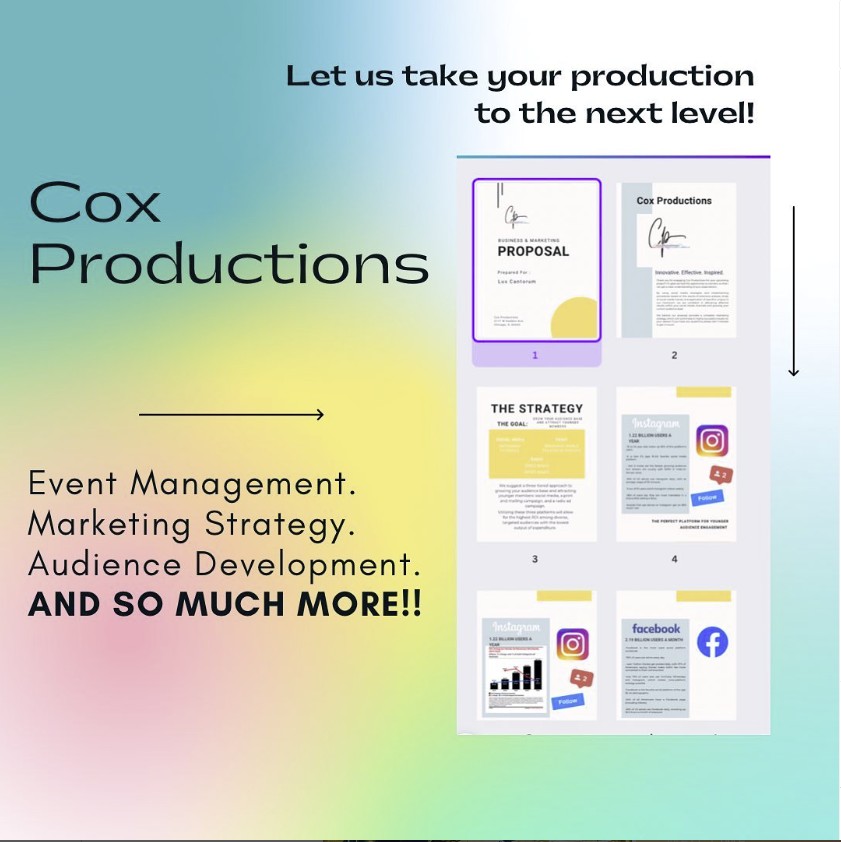
Are there any books, videos or other content that you feel have meaningfully impacted your thinking?
Elizabeth Gilbert’s book ‘Big Magic’ was an absolute game-changer in terms of creative management for me. Gilbert’s writing style, both vulnerable and humorous, encourages its reader to really examine their own creative processes and to re-examine their definition of ‘success’. After reading her book, I walked away with a different way of thinking from everything to project funding to practice sessions. I decided that I would ‘have a love affair’ with my art every day, and this has launched my career into its next phase!
I also would highly recommend Amy Pohler’s autobiographical book ‘Yes Please’. Pohler’s account of her early improv years and learning to create her own opportunities truly changed the way I personally approached auditions. I didn’t need to ‘beg for a job’ in a room full of strangers anymore, and I never needed to worry about being able to impress anyone in thirty-two bars of music or less. I had learned how to ‘cast myself’, which meant I would never be without work ever again–this is truly a must-read for every performer out there!
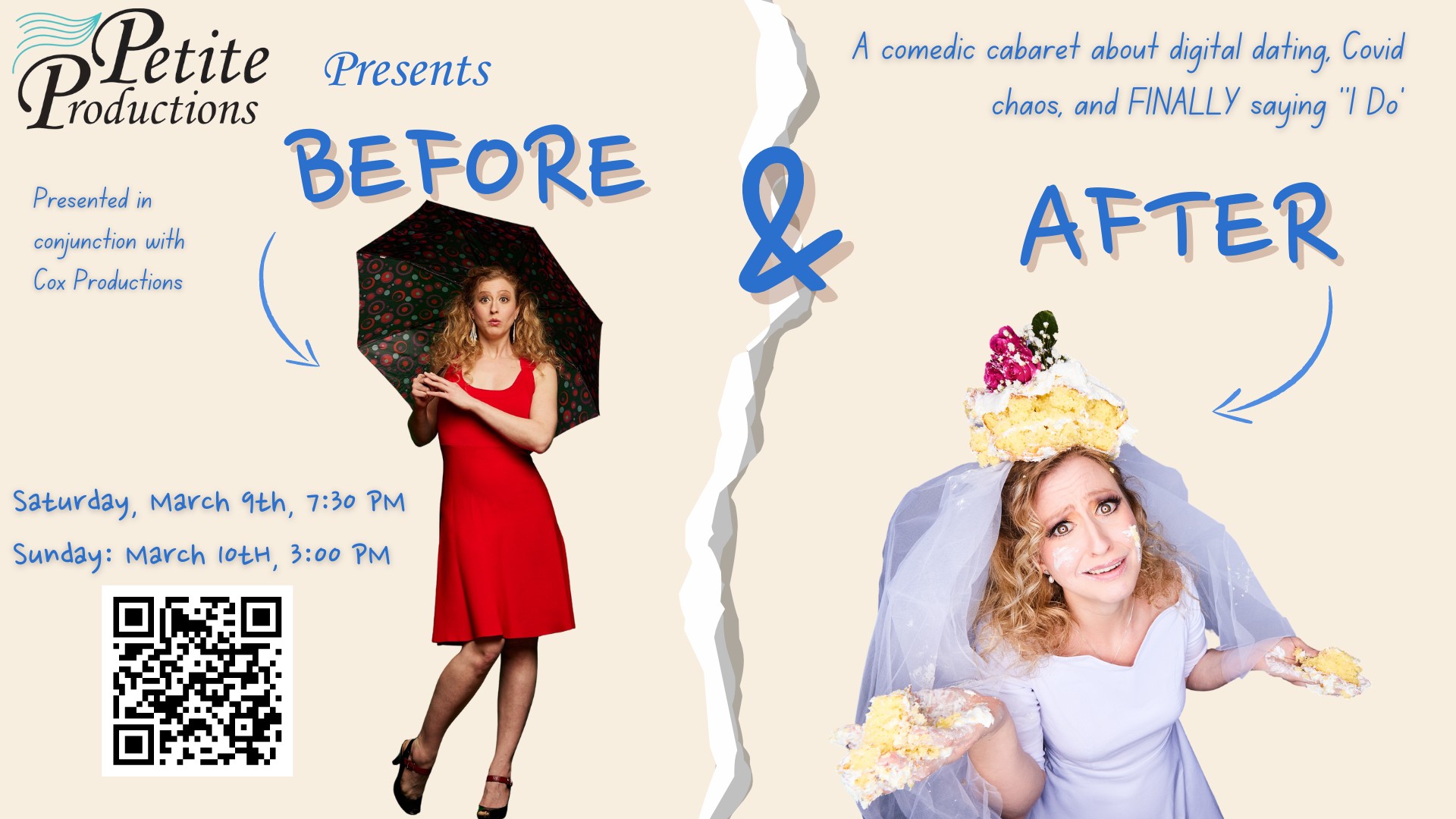
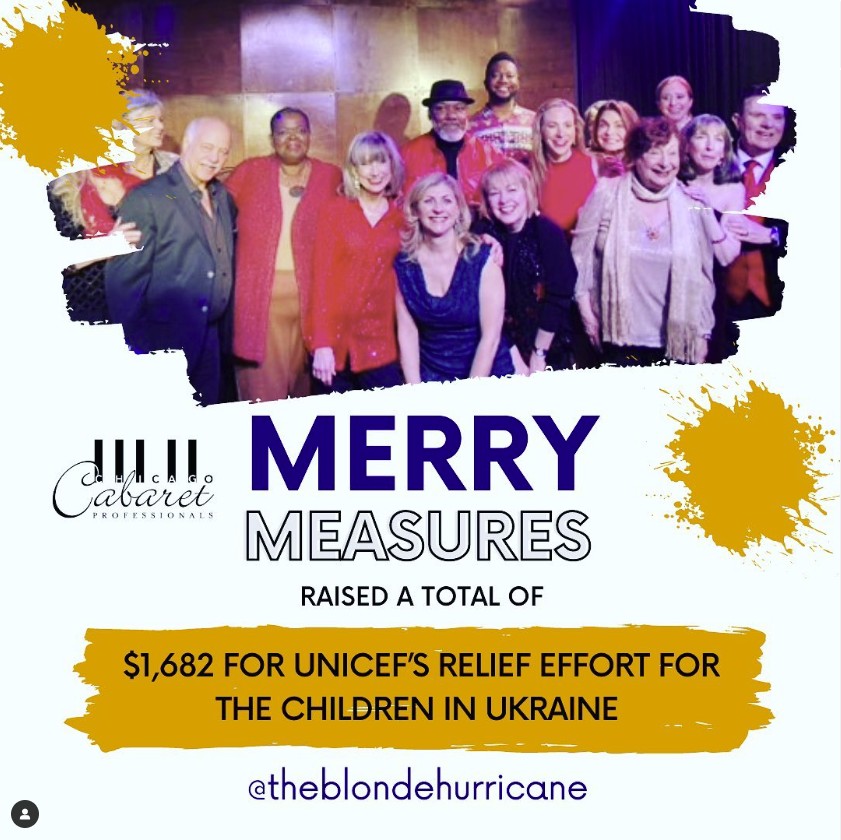
Contact Info:
- Website: https://emilycoxsoprano.wixsite.com/emilycox
- Instagram: @theblondehurricane; @coxproductionsllc
- Facebook: https://www.facebook.com/emily.cox.14289
- Linkedin: https://www.linkedin.com/in/emily-cox-97351187/
- Youtube: https://www.youtube.com/channel/UConLpLocj9LoZSJR7w8zqoQ


